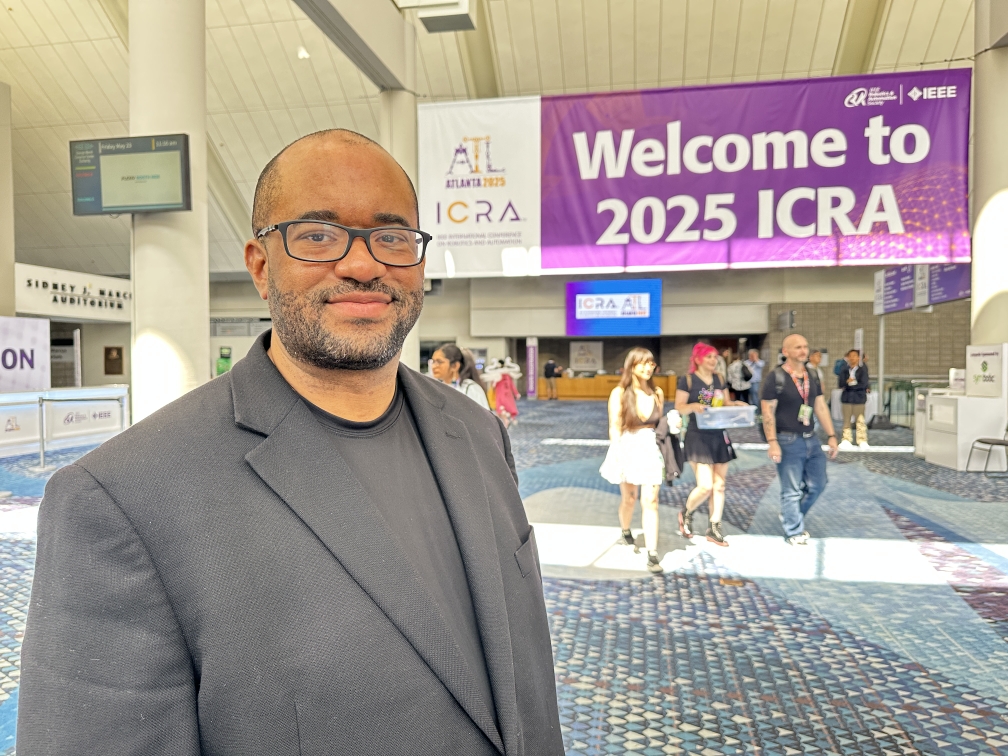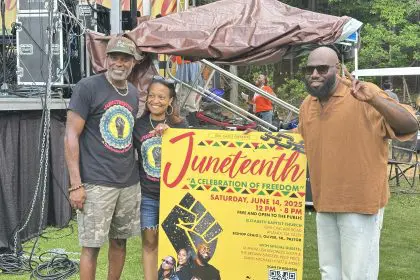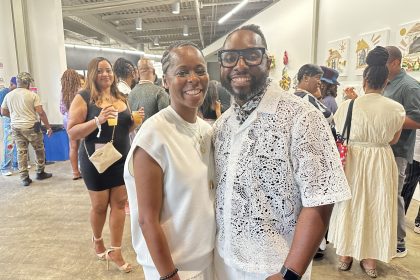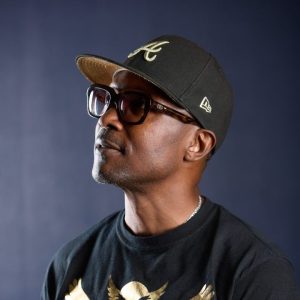At the world’s biggest robotics conference — ICRA 2025, held in Atlanta’s Georgia World Congress Center — the buzz wasn’t just about cutting-edge tech. It was about purpose, passion, and people. One voice stood out: Professor Monroe Kennedy III, a Stanford mechanical engineering professor and co-founder of Black & Robotics, who is pushing the future of robotics toward something much deeper than automation — equity, augmentation, and empowerment.
In a world increasingly shaped by artificial intelligence and intelligent machines, Kennedy’s presence at ICRA was more than symbolic. It was a call to action. “At the heart of robotics, we’re trying to make tools, systems that can make everyone’s life better,” Kennedy told rolling out. And for him, everyone means everyone — especially the Black and underrepresented voices often excluded from STEM spaces.
From protest to purpose
The birth of Black & Robotics was rooted in a moment of pain — the tragic death of George Floyd. But out of that pain, something visionary was born. “As engineers, we are problem solvers,” Kennedy explained. “We asked ourselves, what can we do to make the space of robotics more inclusive?”
Since its founding in 2020, Black & Robotics has become a global network, uniting members from Boston to the Bay, Africa to Europe. It’s volunteer-run and love-fueled — “out of love for the community and out of love for our field,” as Kennedy puts it. Through free memberships, online workshops, student travel awards, and scholarships, the organization is making robotics more accessible and attainable for Black scholars and creators across the diaspora. (Learn more at blackinrobotics.org)
Robots that work with us — not instead of us
What sets Kennedy apart from your average robotics expert is his human-first lens. While tech headlines often push the fear of robots replacing people, Kennedy is betting on augmentation — robots that enhance our abilities, not erase our jobs.
In his Assisted Robotics and Manipulation lab at Stanford, he’s developing systems that operate alongside humans — think intelligent prosthetics, wearable robots, and humanoid helpers that respond to your actions like a dance partner. “We’re not thinking about replacement,” he said. “We’re thinking about what does it mean to augment?”
That mindset shifts the narrative from fear to possibility. Kennedy sees robotic systems integrated into daily life, from elderly care and agriculture to education and food security. “The benefits are just unimaginable,” he says, beaming with optimism. “And I think it’s worth pioneering into that future so society can benefit.”
AI: From buzzword to blueprint
When asked about artificial intelligence, Kennedy cuts through the hype. “AI is definitely a buzzword… but at the end of the day, it’s really math,” he said plainly. At its core, AI solves problems — if you give it an input, what’s the most probable output?
He encourages newcomers to dive in by learning Python and using platforms like Google Colab, PyTorch, and TensorFlow. “If you have a computer and access to even a Google Drive folder, you can get started today.” This democratization of tech education aligns perfectly with his mission: access over elitism.
The next wave is purpose-driven
Kennedy believes robotics is at a turning point. No longer just about flashy demos or mechanical marvels, the field must evolve to tackle real human issues. “We need to move past toy examples and really ask — how can we start to solve practical problems that society really needs us to address?”
And he’s not just talking about ideas — he’s building them, mentoring others to do the same, and creating a community where Black excellence isn’t the exception, but the standard.
Bottom line: The revolution in robotics isn’t just happening in labs or code. It’s happening in culture. And leaders like Professor Monroe Kennedy III are making sure that when the future arrives, it has all of us in mind.

















